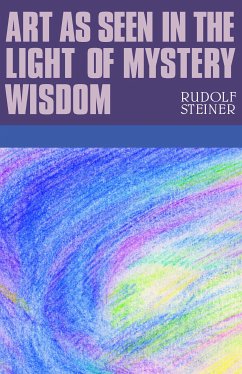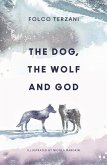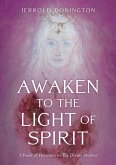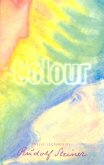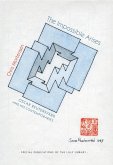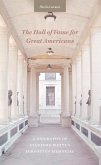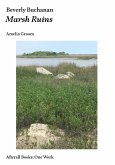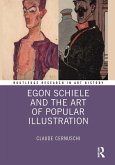Within the Mystery cultures of ancient history, art, science and religion formed a unity that offered direction and spiritual nourishment to the broader society. Today, art, science and religion can again be reunited. However, as Marie Steiner indicates in her introduction to these lectures, these aspects of our culture need rejuvenation through fresh spiritual understanding and knowledge. Art cannot be renewed through compromise, but only by returning to the spiritual foundations of life. As she says: "
The remedy lies in unlocking the wisdom of the Mysteries and presenting it to humanity in a form adapted to contemporary needs."
In these wide-ranging lectures, Rudolf Steiner offers spiritual insight for the modern day into a revitalised world of the arts. His themes include: the relation of art to technology, the moral experience of the worlds of colour and music, the legendary Norwegian Dream Song of Olaf Åsteson, and the relationship between the various arts of architecture, sculpture, painting, music, poetry, eurythmy and the human being.
Dieser Download kann aus rechtlichen Gründen nur mit Rechnungsadresse in A, B, BG, CY, CZ, D, DK, EW, E, FIN, F, GR, H, IRL, I, LT, L, LR, M, NL, PL, P, R, S, SLO, SK ausgeliefert werden.

